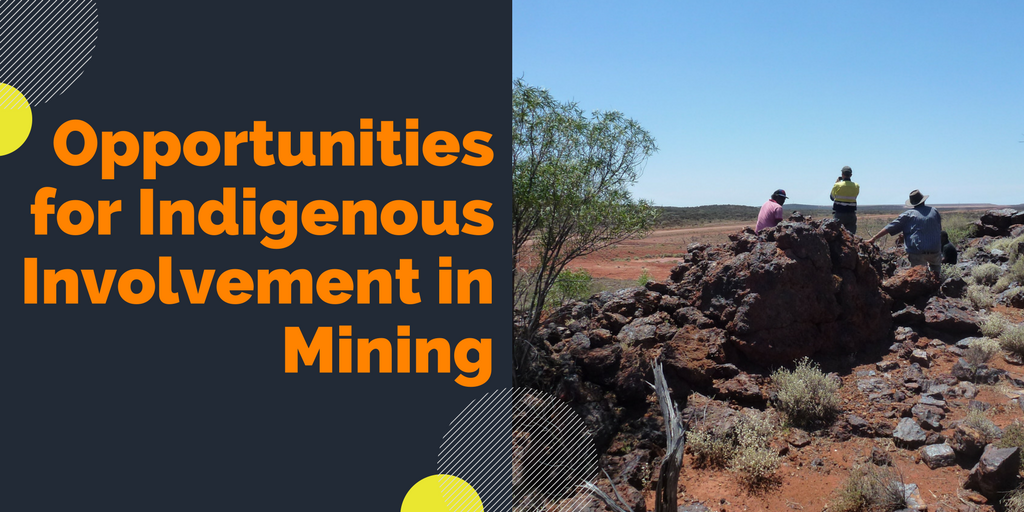Lawson Brandis – Environmental Specialist
The mining industry generates wealth and economic growth on a national scale through the use of land that Indigenous Australians have a unique relationship with. Approximately 60% of Australian mining projects are in close proximity to Indigenous communities (Department of Industry, Innovation and Science, 2016). As a result, the mining industry is uniquely placed to provide opportunities for socio-economic growth to remote areas of Australia where opportunities are limited. We do acknowledge that there are some areas in Australia where mining may not be compatible with traditional law and customs due to the presences of significant cultural areas. This should be acknowledged and respected by both miners and Government.
Potential opportunities include:
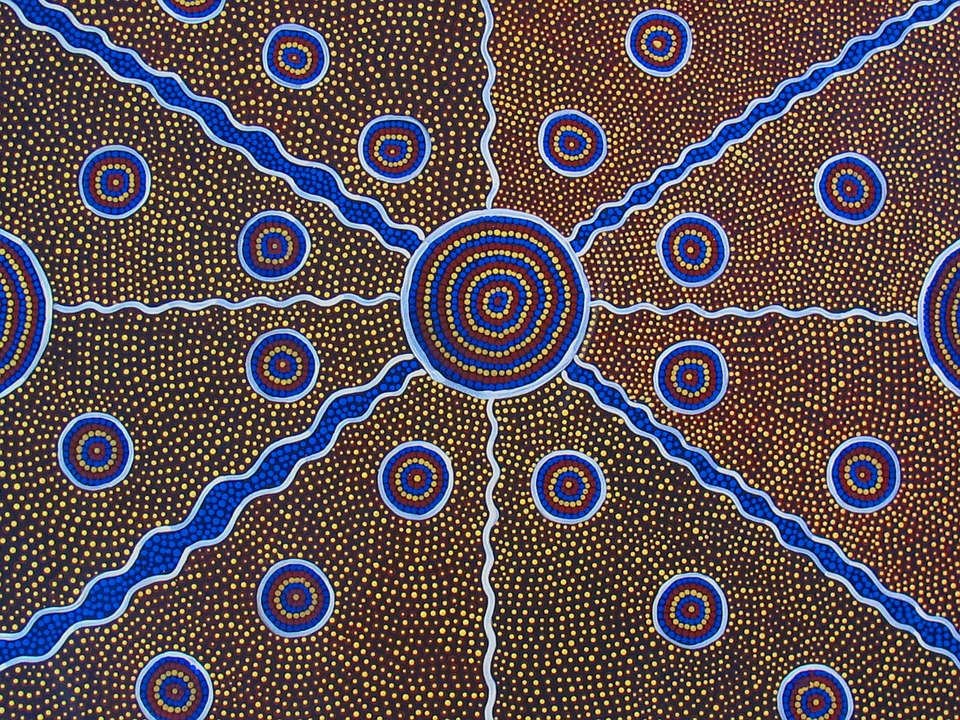
Knowledge Sharing
Indigenous people have a unique, long-running relationship with the land. This includes a great deal of knowledge that is useful to the mining industry, not just regarding heritage, but also environmental factors. The mining industry can take advantage of local indigenous people’s knowledge by engaging them to conduct cultural awareness training, heritage consultation and to provide environmental insights.
Employment Opportunities
The most obvious opportunity for indigenous people to become involved in mining is through direct employment by miners or support services. The mining industry is one of the largest employers in rural and remote regions with many job opportunities available. Early stage roles include exploration and survey work. Operational mining jobs are numerous, and many companies actively seek indigenous employees to fill as many roles as possible. However, it is acknowledged that working on a mine is not for everybody.
Social Programs
Partnerships between Aboriginal groups and mining companies can facilitate social programs in urban, rural and remote areas. Examples of different social programs include home visits for vulnerable families, financial assistance, disability services, education assistance, infrastructure development and employment training.
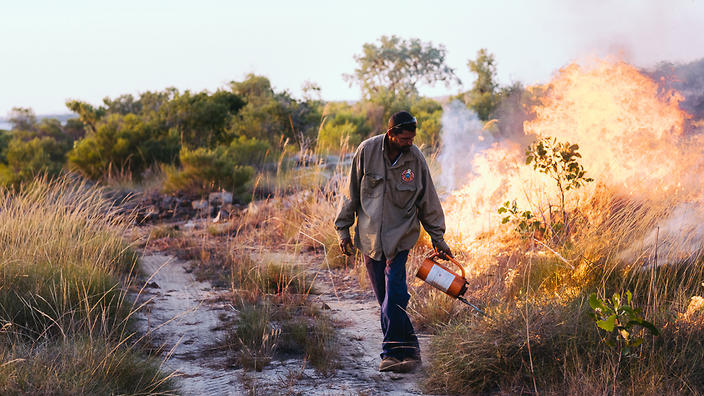
Land Management
Indigenous involvement in pre-mining baseline assessments and implementation of traditional land management practices can assist with best practice environmental outcomes. Traditional knowledge can help identify any key environmental values, potential environmental impacts and necessary mitigation measures to reduce, or potentially eliminate any impacts. Aboriginal groups can raise concerns, add input and aid in the development of solutions to environmental problems.
Training
As well as sharing their knowledge, Aboriginal people can benefit from receiving training from the mining industry. Skills development through training programs, scholarships and apprenticeships provide advantages to the mining industry, the individuals and their communities. Through training and work experience, the skills gathered during mining can be carried over to other sectors of the economy, as well as to the local community.
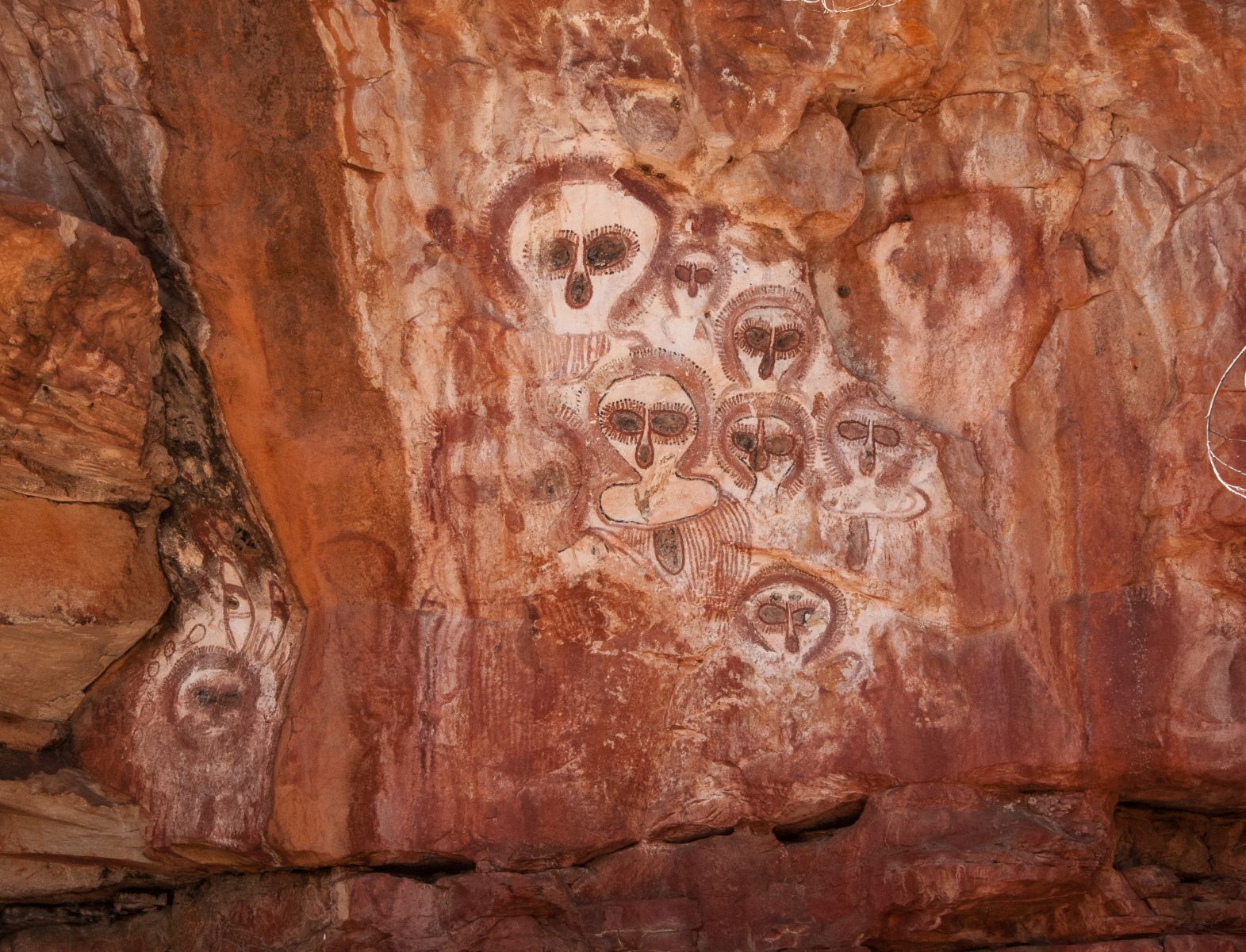
Potential Way to Facilitate Aboriginal Involvement in Mining
Participation in mining directly or indirectly will generally occur through the establishment of an agreement; this may be via an access/mining agreement or an Indigenous Land Use Agreement (ILUA).
An ILUA is a voluntary agreement between a native title group and others about the use of land and waters. These agreements allow people to negotiate flexible, pragmatic agreements to suit their particular circumstances. An ILUA can be:
- Over areas where native title is or isn’t determined;
- Entered into regardless of whether there is a native title claim over the area or not; or
- Part of a native title determination or settled separately from a native title claim.
ILUAs can cover topics such as:
- Native title holders agreeing to future development;
- How native title rights coexist with the rights of other people;
- Access to an area;
- Extinguishment of native title;
- Compensation;
- Employment and economic opportunities for native title groups;
- Cultural heritage; and
- Mining.
When registered, ILUAs bind all parties and all native title holders to the terms of the agreement.
There are potentially many opportunities for indigenous people to become involved in mining directly or benefit from mining indirectly, whether it be through employment, knowledge sharing, training programs, social programs, stakeholder consultation or land management around the mine. It is important for both mining companies and Aboriginal groups to be active in the process, coming to the table with initiative and a plan. If you are trying to engage with indigenous stakeholders or are an Aboriginal group trying to become more involved in the mining industry, feel free to contact Integrate Sustainability on 08 9468 0338 or via enquiries@integratesustainability.com.au.
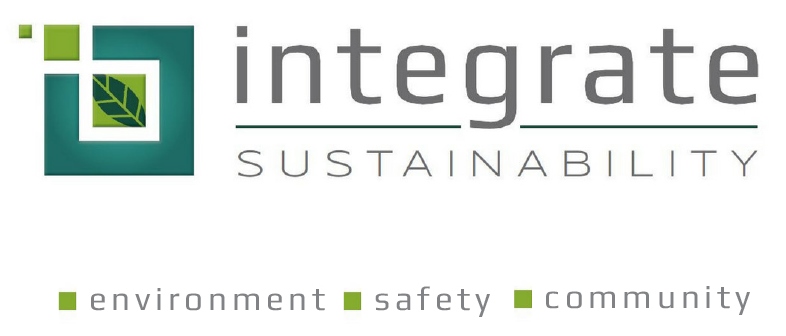
References
Department of Industry, Innovation and Science. (2016). Working With Indigenous Communities – Leading Practice Sustainable Development Program for the Mining Industry. Canberra: Commonwealth of Australia.
Hirini, R. (2018, February 14). WA gets all female Indigenous ranger teams with new funding. Retrieved from National Indigenous Television: https://www.sbs.com.au/nitv/nitv-news/article/2018/02/12/wa-gets-all-female-indigenous-ranger-teams-new-funding

